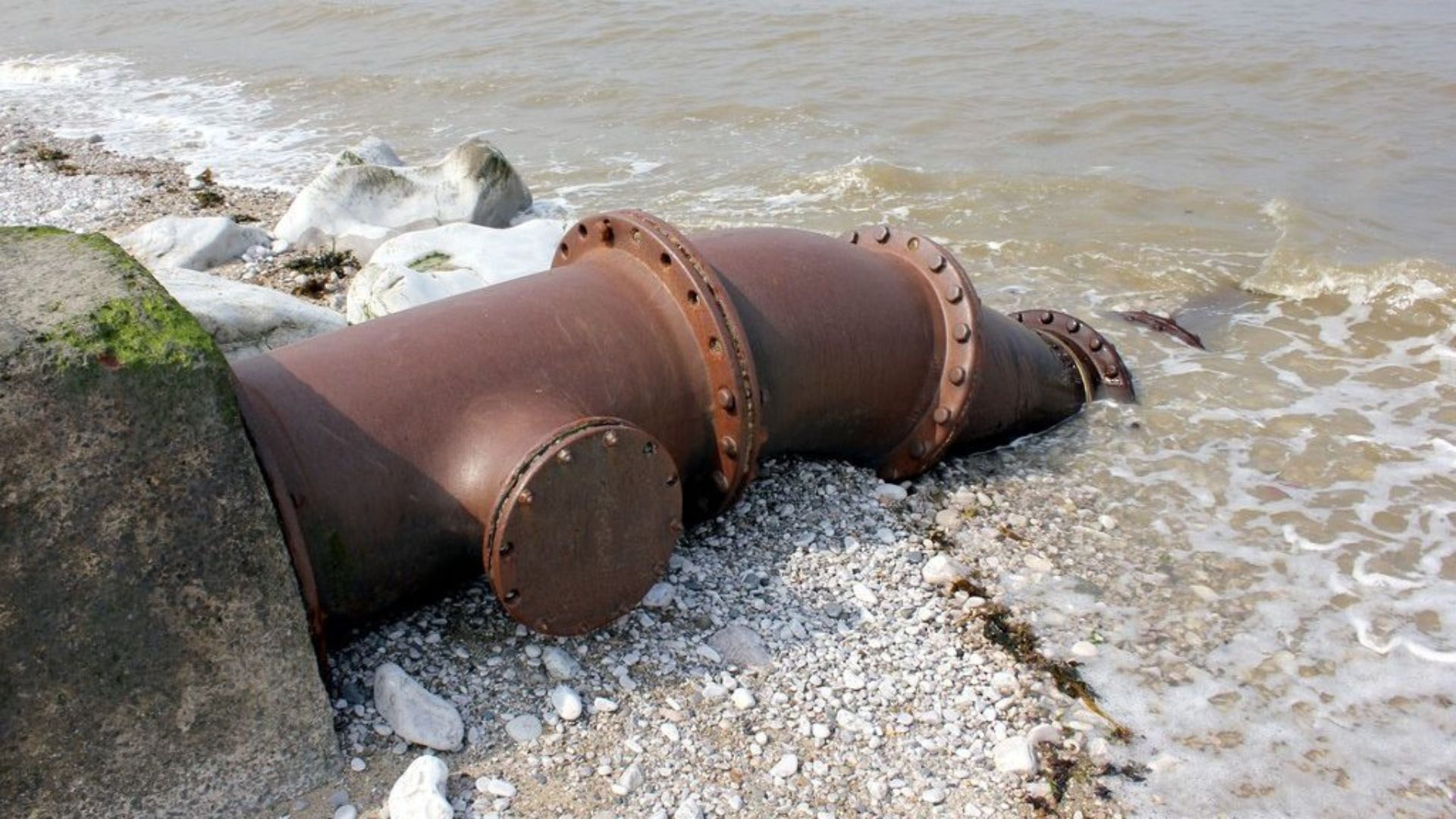Your support changes lives. Find out how you can help us help more people by signing up for a subscription
“It is high time the government got a handle on this crisis, and if the growing public alarm at the state of our rivers won’t make that happen, we hope this action from the OEP will.
“We may have reached a turning point.”
Has the government breached its own law on sewage?
To reduce pressure on the UK’s 19th century sewage network, the Environmental Agency permits water companies to release overflow after heavy rain.
These discharges are supposedly only legal in ‘exceptional circumstances’. In reality, they occur regularly, often when it hasn’t rained at all.
“Dry spills are categorically, irrefutably in breach of a water company’s permit,” Watson warned.
Advertising helps fund Big Issue’s mission to end poverty
Sewage and other toxins are terrible for ecosystems and swimmers. In July, at least 57 athletes fell ill with sickness and diarrhoea after competing in the World Triathlon Championship Series off the Sunderland coast.
The OEP is investigating the government, OFWAT and the Environment Agency over their failures to take action on illegal storm overflows.
These enforcement failures aren’t necessarily deliberate, Watson explains – environmental agencies are simply too underfunded to do their jobs.
“Environmental protection budgets have been slashed to the bone, so there’s been a total collapse in enforcement actions ” he said.
“What do you expect? We have laws against speeding at 100km per hour down the motorway. But if there are no traffic cops, no one will enforce it. The same principle applies for other publicly funded agencies.”
Will the government have to go to court over sewage spills?
The UK’s government has two months to respond to the allegations.
Advertising helps fund Big Issue’s mission to end poverty
A spokesperson said it did not agree with the Office for Environmental Protection’s “initial interpretations”. They agreed, however, that the “volume of sewage discharged is completely unacceptable.”
Get the latest news and insight into how the Big Issue magazine is made by signing up for the Inside Big Issue newsletter
The EA and Ofwat both welcomed the investigation.
Environmental charity WildFish – the body that brought the original complaint to the OEP – accused these authorities of abetting sewage pumping.
“Let’s be quite clear here,” a spokesperson said.
“Those three public bodies are complicit in allowing the pollution. That must now end.”
Advertising helps fund Big Issue’s mission to end poverty
If the final investigation concludes that the law was breached, “it would be serious” the OEP said. The organisation will make recommendations to MPs to take action against the regulators or apply to the High Court for urgent judicial review.
A high court case would be “bad news” for the government, Watson predicts, especially with a general election on the horizon.
“They’ll want to prevent that… they’ll have to take urgent action,” he said.
“Massively increasing funding for enforcement agencies would be a good first step.”









